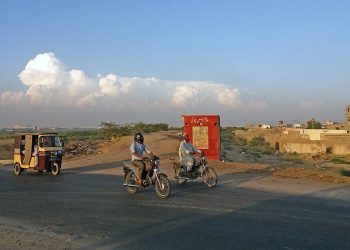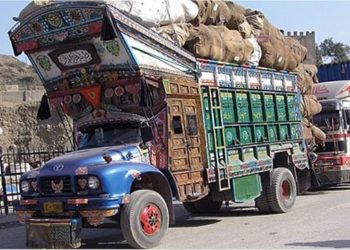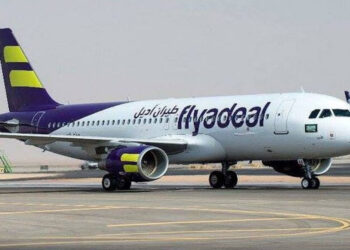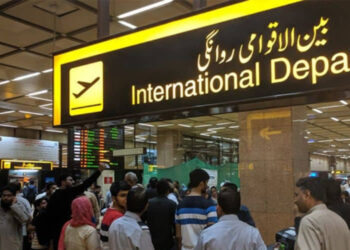Peshawar’s BRT transport system has been nominated for the World Resources Institute Prize for Cities.
Describing the state of city’s transportation before BRT, the World Resources Institute said that for decades, the city of Peshawar, in the Khyber Pakhtunkhwa, due to various reasons had no formal public transport system.

“The city was in a bad equilibrium. For many people, the problems accessing transportation meant that it was a daily struggle to access jobs, education and healthcare. Women and transgender people experienced harassment and rude behavior on buses, and there was limited to no accessibility for wheelchair users. The situation was also challenging for bus operators, who were stuck working long shifts at little or no profit, no health insurance, often in debt to bus owners and subject to wanton police fines.” WRI said.

Yet more global recognition for the Peshawar BRT; shortlisted for the World Resources Institute Prize for Cities.
Beyond a doubt, 10 years of Imran Khan led govt has transformed KP for the better. https://t.co/pfwKjCapTw— Taimur Khan Jhagra (@Jhagra) January 21, 2023
According to WRI, thank to Bus Rapid Transit (BRT) system, which delivers regular cross-city bus services to an average of 250,000 passengers a day, greater numbers of women and disabled residents ride safely every day.
BRT created a system that is inclusive and accessible for the most vulnerable populations — in particular, women, people with disabilities and transgender people, WRI said. The system has many gender-sensitive design features, such as reserved seating, separate bus entrances and ticketing booths, better-lit stations and walkways, and close-circuit television monitors in its stations and buses.

The system runs on diesel-hybrid buses, a design that was carefully considered and chosen based on the technological expertise currently available and the city’s electric grid capacity. Zu Peshawar’s buses are substantially less polluting and efficient than older transportation methods in the city, resulting in considerable emission reductions. As capacity grows, there are plans to upgrade to fully electric buses.
Since commencing operations, the system has inaugurated additional features including an integrated bicycle-sharing program. The system’s advertising capabilities have been used to spread the word about polio vaccination, campaigns on food and nutrition, and breast cancer awareness programs. Plans for expanding the system with a central corridor and off-corridor route covering a nearly 50-kilometer area, as well as the construction of new integrated commercial areas to increase revenue for the system has already begun.

































